- Several reported killed in Iran protests over economic woes Dawn
- Several killed as Iran protests over rising cost of living spread Al Jazeera
- Deadly clashes between protesters and security forces as Iran unrest grows BBC
- Iranian protesters warned…
Category: 2. World
-
Several reported killed in Iran protests over economic woes – Dawn
-
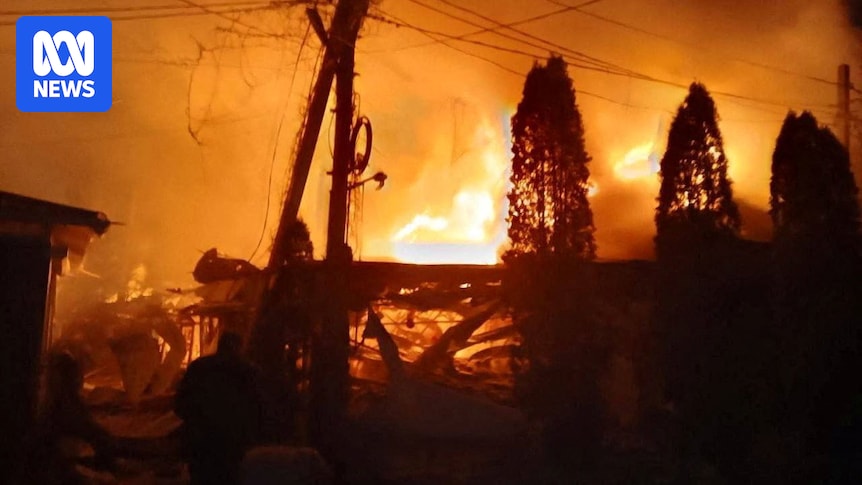
Russia says 20 killed in Ukrainian strike in occupied Kherson region
A Ukrainian drone attack on a Russian-held part of Ukraine’s southern Kherson region has killed at least 20 people, a Moscow-installed governor and Russian authorities have said.
“Three UAVs struck a cafe and hotel on the Black Sea coast in…
Continue Reading
-
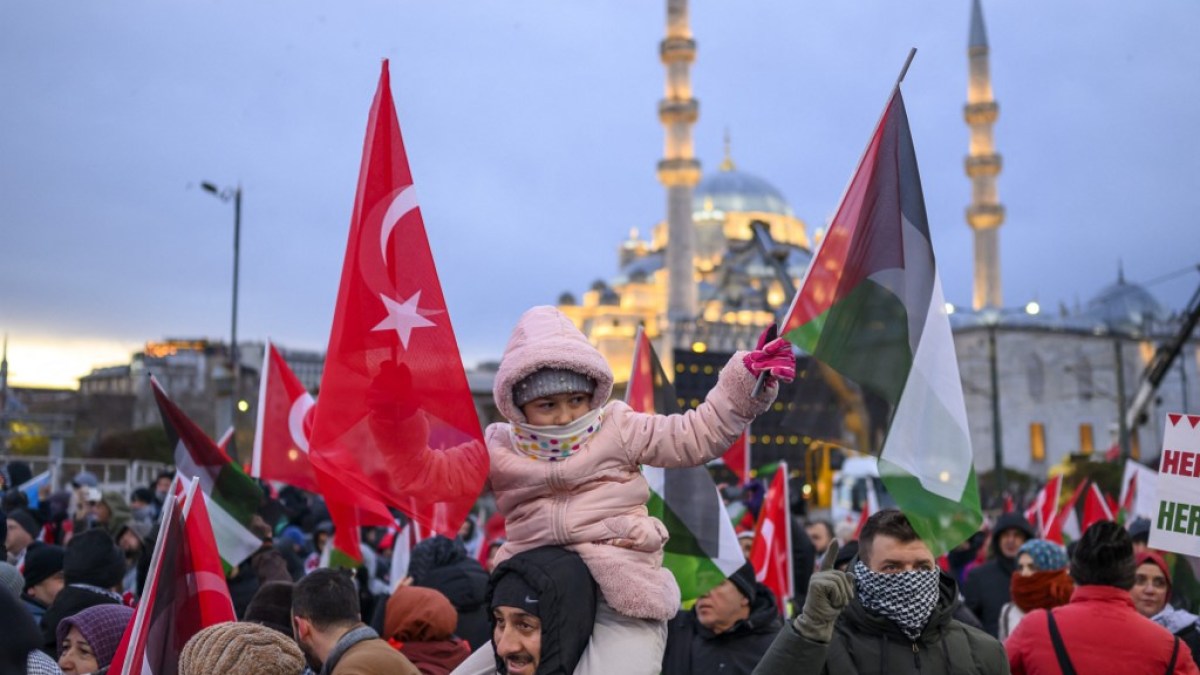
Hundreds of thousands march in Istanbul in solidarity with Gaza | Israel-Palestine conflict News
Demonstrators in Turkiye demand global pressure on Israel, calling the so-called ceasefire ‘a slow-motion genocide’ against Palestinians.
Hundreds of thousands of people are marching through Istanbul in a sweeping show of solidarity with…
Continue Reading
-
A Monumental Church in Amsterdam Is Ravaged by Flames on New Year’s Day – The New York Times
- A Monumental Church in Amsterdam Is Ravaged by Flames on New Year’s Day The New York Times
- Netherlands police face ‘unprecedented’ New Year’s violence BBC
- Amsterdam’s iconic church almost destroyed by fire news.cgtn.com
- 2 dead, several…
Continue Reading
-
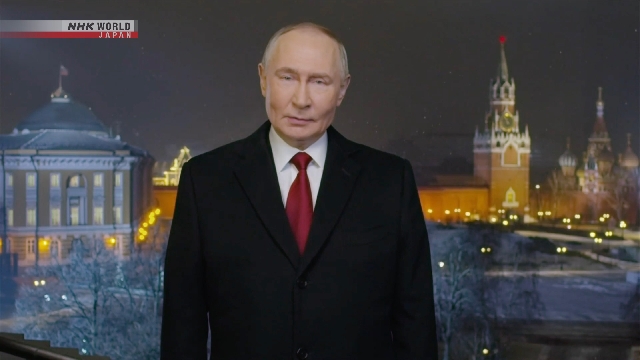
Putin uses New Year’s address to rally Russians behind invasion of Ukraine
Russian President Vladimir Putin used his New Year’s address to rally the public behind his country’s invasion of Ukraine.
In his annual televised…
Continue Reading
-

More women reporting abuse in Norway as member of royal family to go on trial for rape | Norway
Staff at Norway’s largest women’s health organisation have seen a rise in the number of women reporting abuse and sexual assault at the hands of their partners ahead of the rape trial of a member of the royal family, saying they hope the case…
Continue Reading
-
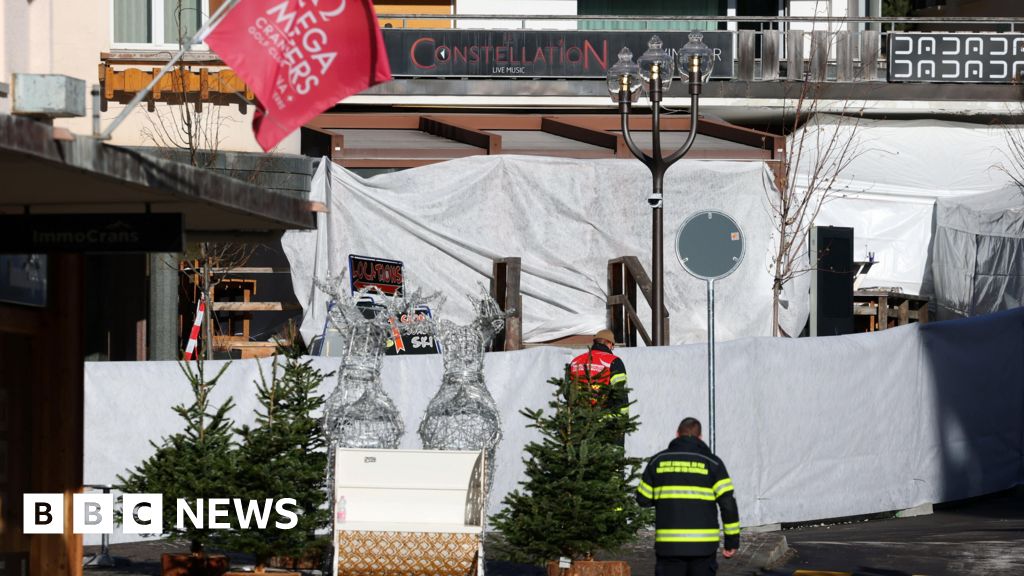
What we know about the Switzerland ski resort fire
Watch: BBC reports from the scene of Swiss resort bar fire Several dozen people are presumed to have died and more than 100 injured following a fire in a ski resort in southern Switzerland, officials have said.
Police said several nationalities…
Continue Reading
-
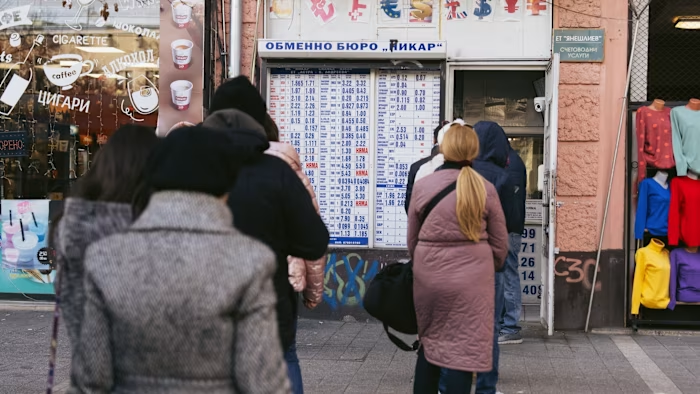
Bulgaria joins Eurozone despite pro-Russian disinformation
Unlock the Editor’s Digest for free
Roula Khalaf, Editor of the FT, selects her favourite stories in this weekly newsletter.
Bulgaria became the 21st member of the Eurozone on Thursday, completing a long-sought step in its European integration…
Continue Reading
-
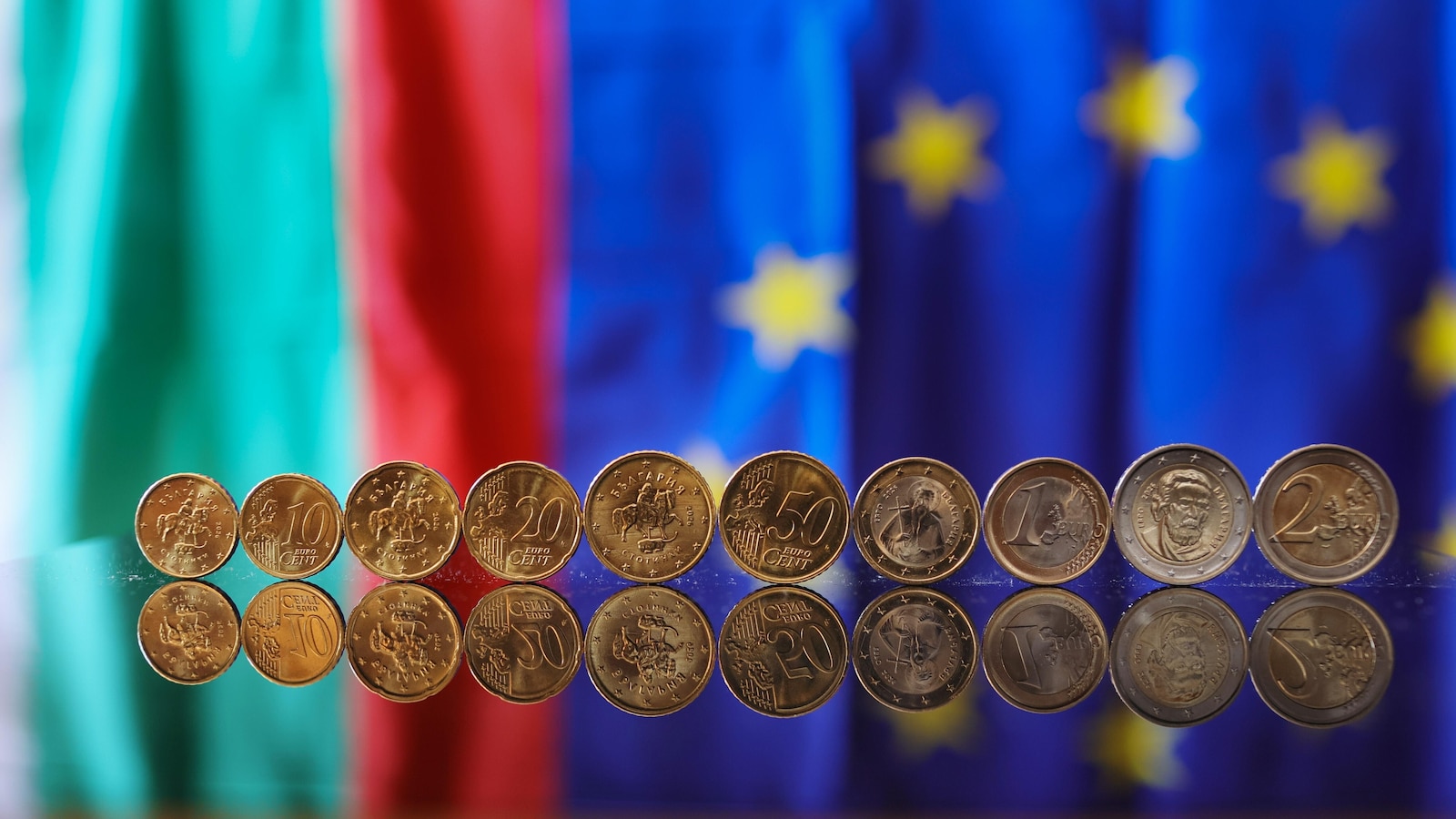
Bulgaria is joining the euro. Here’s what it means for consumers and businesses
On New Year’s Day, Bulgaria will achieve its decades-old goal of joining the euro currency union and deepening ties with the more prosperous countries of Western Europe.
Membership is expected to promote cross-border trade and investment, and the…
Continue Reading
-
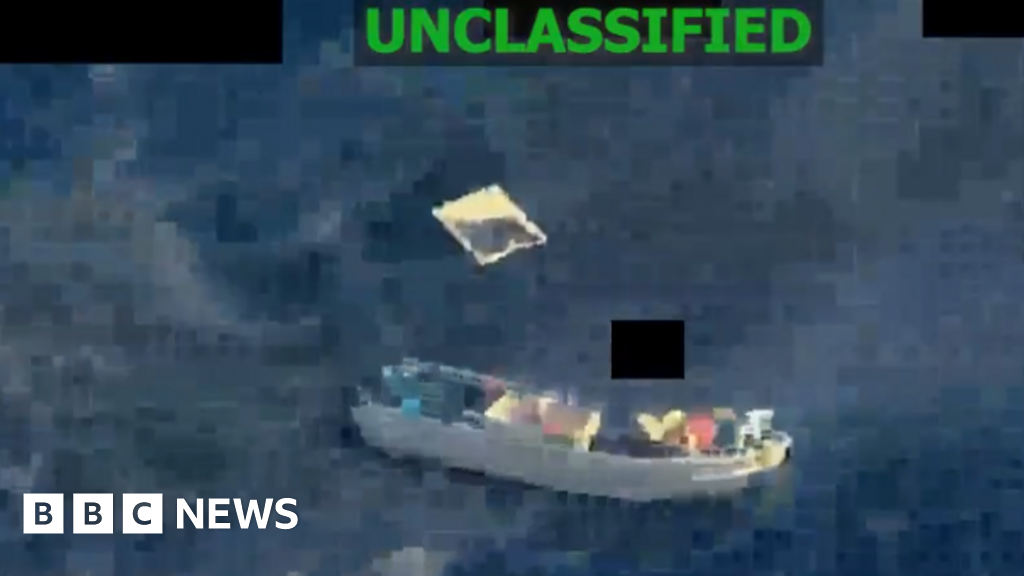
US military says five killed in strike on alleged drug boats
The US military says it struck two boats it alleges were carrying drugs on Wednesday, killing five people on board.
US Southern Command did not say where it had carried out the latest strikes but US forces have been targeting vessels they suspect…
Continue Reading